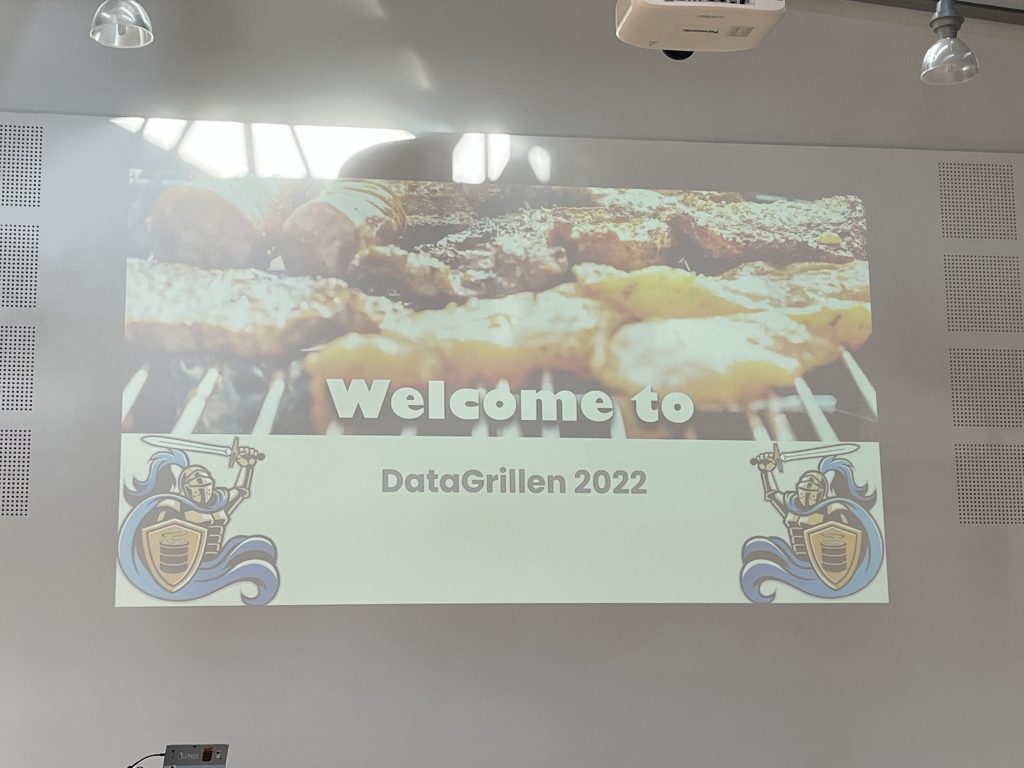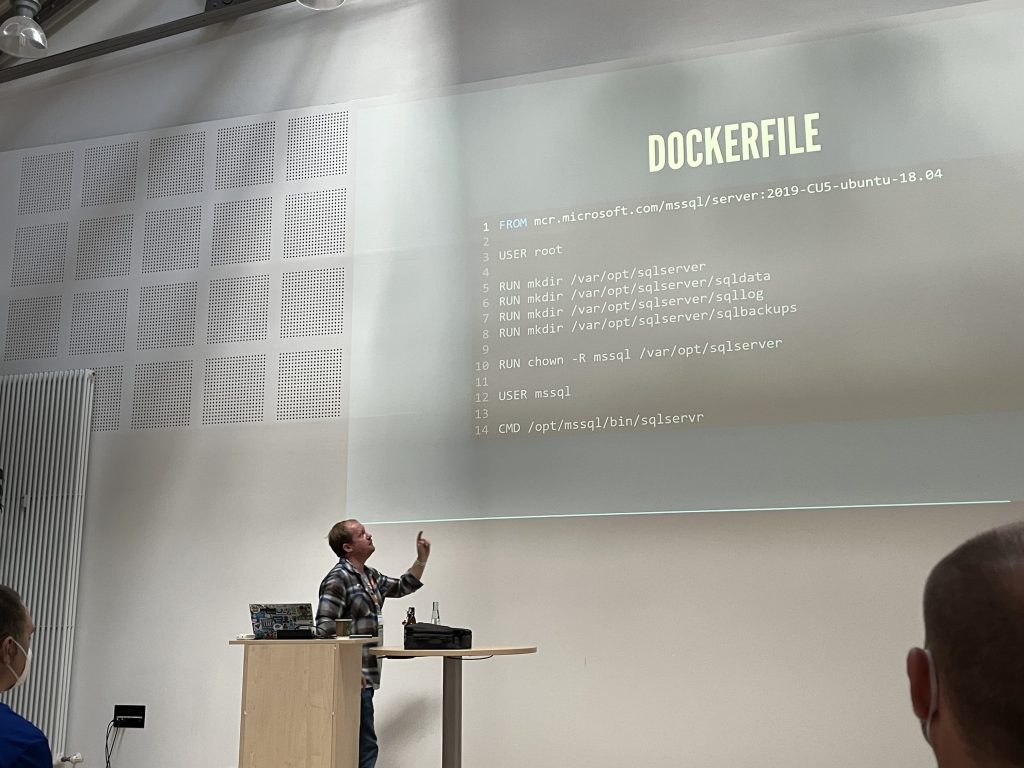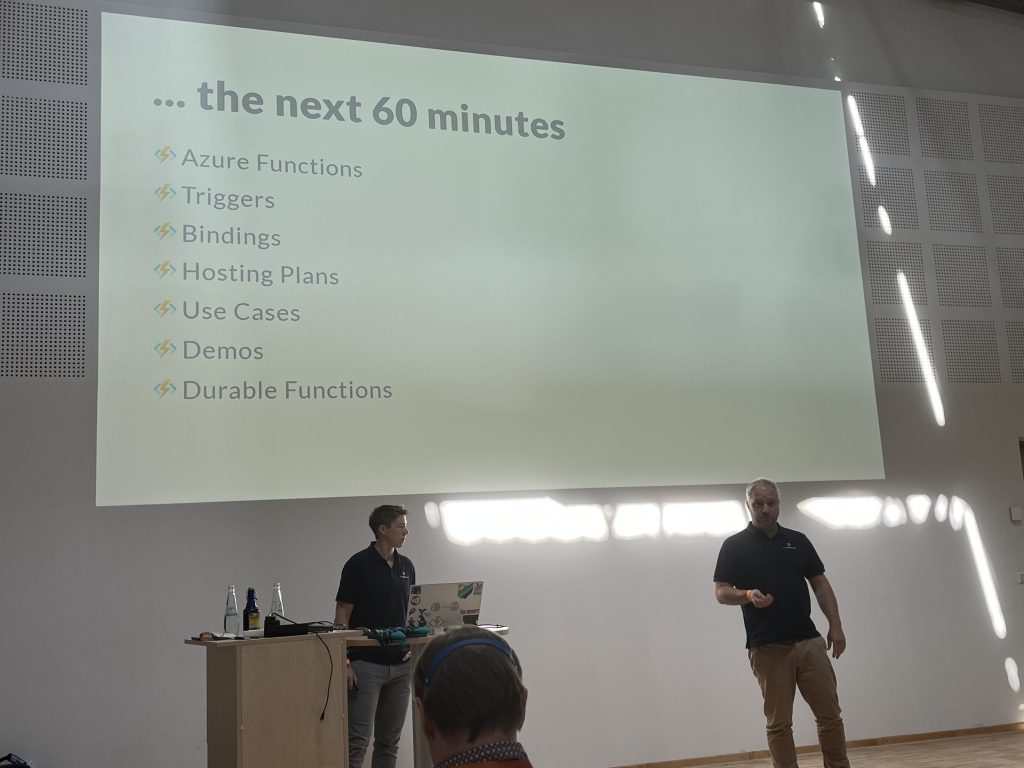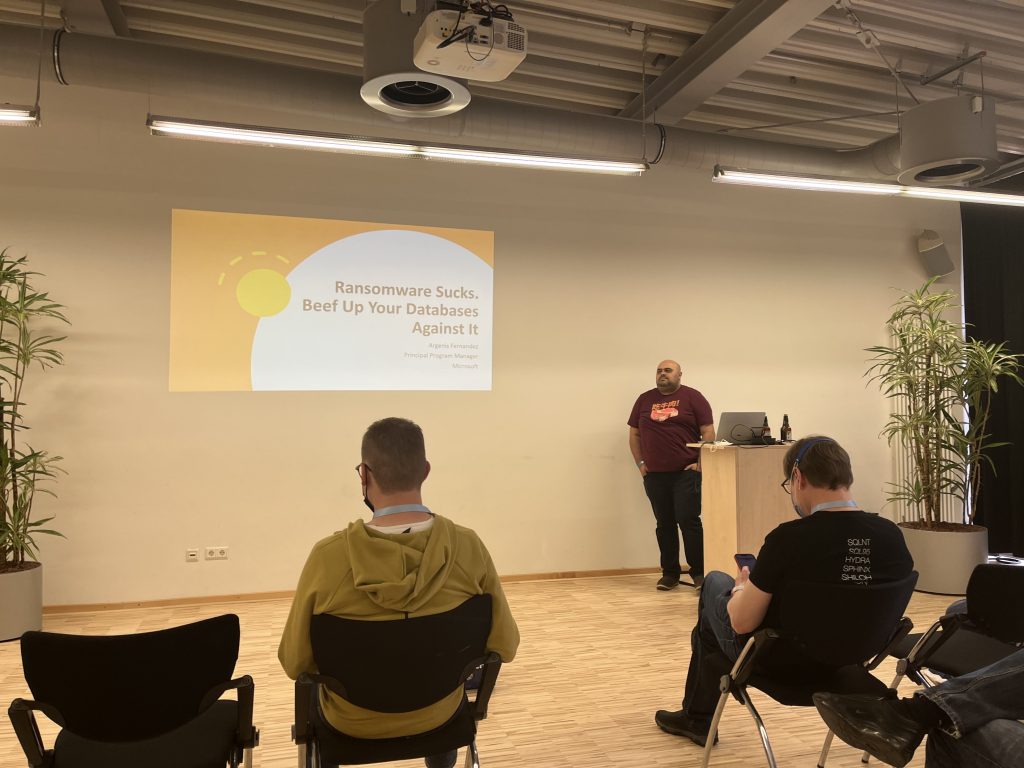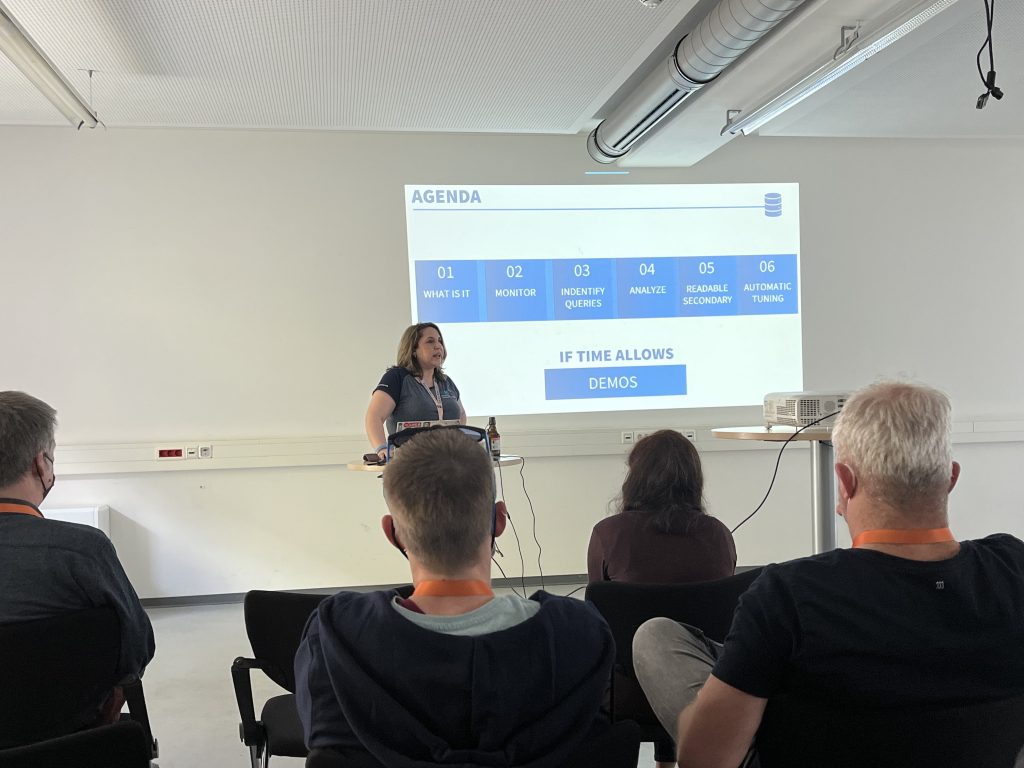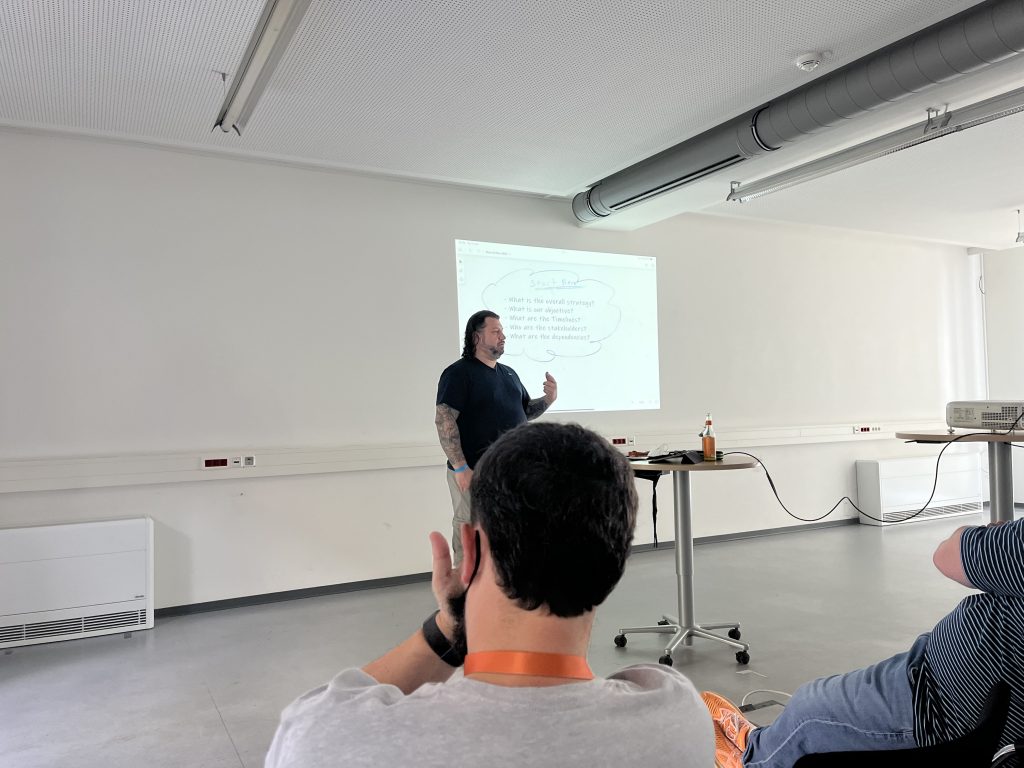Who wouldn’t want to be mentored?
This blog post is created as a direct result of Paul Randal’s offer to mentor people in the SQL Server community. I’ve had a good think about it and it seems obvious to me. Paul asks “Why would I like to be mentored?” I’m going to set out my personal reasons and although this isn’t one of them, my immediate response is “Who wouldn’t want to be mentored?” If you don’t have a big ego and understand that some people know a lot more than you, and have been in the game for longer, it stands to reason that some mentorship could be of a huge personal benefit.
My reasons
I was a late-ish bloomer in tech. I had a different career from ages 16 – 32 so I always felt like I was playing catch up when I started as a DBA. At 32, coming out of university, I landed a job with Monster who just happened to have a large DBA team in Glasgow. I was lucky. I had a senior colleague who was only a month older than me. When I saw how good he was and how much he knew, I felt like I had a lot of catching up to do. But I was also inspired. He mentored me a lot over the 6 years I worked at Monster, as did others, and I benefited from that. I felt I was ready to move on to the next challenge and moved into contracting.
Contracting can pay more, it did for me but it can be a lonely game. You don’t always have the same team spirit that you feel as an employee and any choices about personal development are entirely yours. Sometimes, there is so much dazzling new tech that I don’t know what to learn next. I believe a mentor can help me get focussed. Some of my learning options include:
- Focus more on public cloud vendors like AWS and Azure. (Not just relational databases).
- Focus more on a specific area of SQL Server that causes people problems and become much better at it.
- Performance tuning
- HA/DR solutions
- Improve my PowerShell competence
- How to become a better trainer
I am also at a bit of a crossroads in terms of my career. I have the following choices and I don’t know what is best. I hope a mentor can talk me through the pros and cons of each option, and help me honestly evaluate how ready I am for each.
- Start consulting (Do I have a niche?)
- Performance consulting
- Cloud migration consulting
- Cloud cost optimisation consulting
- Continue contracting
- Go back into full time employment but seek a senior position
- Launch a service offering a remote DBA service
- Develop and launch a remote healthcheck service to identify pain points
- Focus on creating engaging online training content
- How to make money from training content but still benefiting the SQL community
- I’m already active in the SQL community, and that will continue whether I’m chosen or not; but I do think that the increased confidence that may come after being mentored by Paul will help me improve the quality and quantity of my content.
- Whether to design and deliver my own content or deliver Microsoft approved courses. (I recently achieved the MCT award but I’m don’t feel ready to deliver MS training yet)
So those are the main reasons that I think an experienced mentor like Paul Randal would be a huge benefit to me and I’d be delighted to be chosen.
